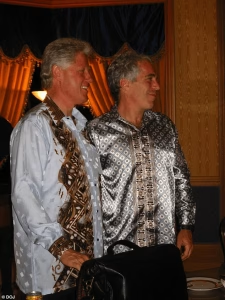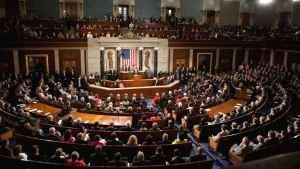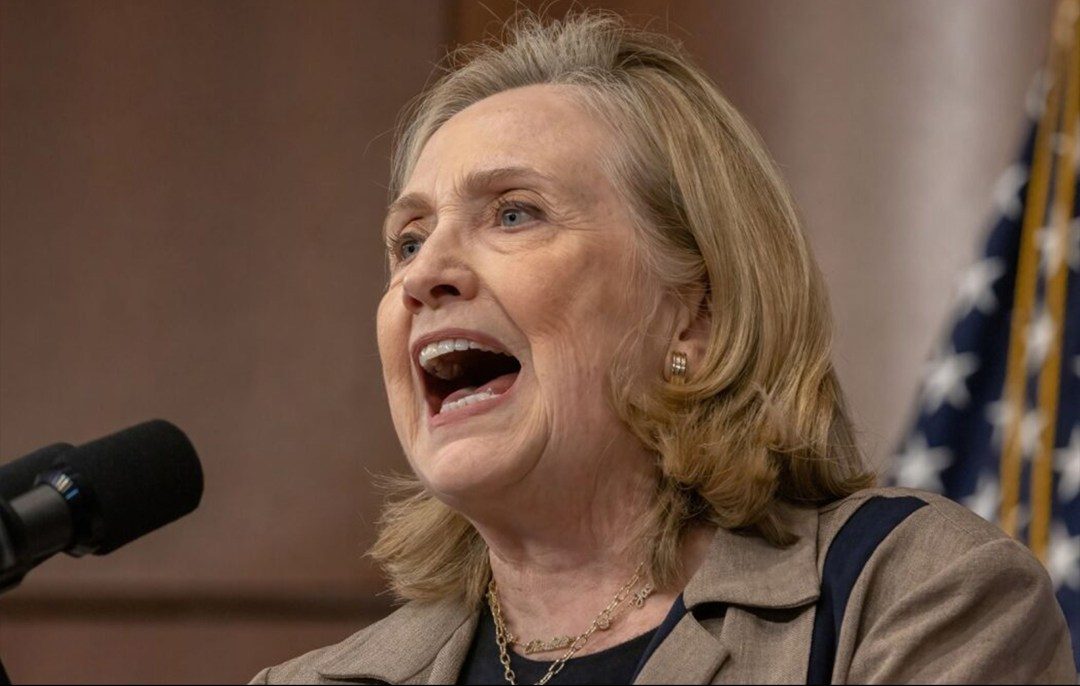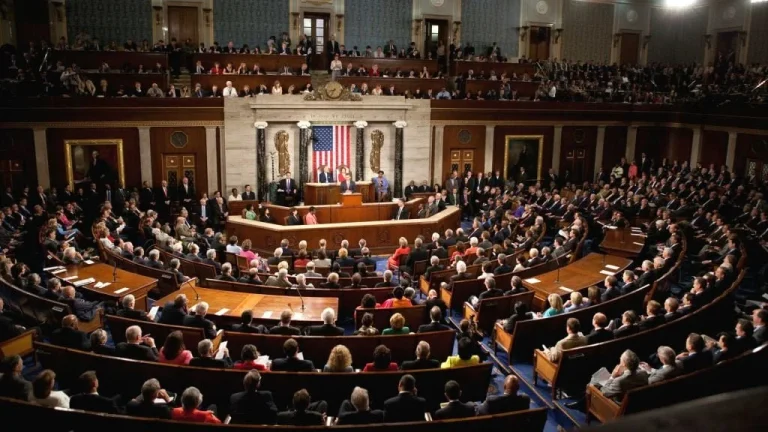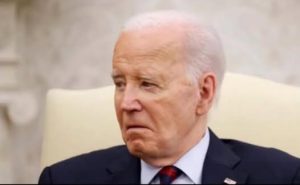A newly declassified internal FBI memorandum is drawing renewed attention to the role Hillary Clinton’s 2016 campaign played in the early stages of the Trump-Russia investigation. The memo, released by Senate Judiciary Committee Chairman Chuck Grassley (R-Iowa), raises serious questions about sworn testimony provided by Fusion GPS contractor Nellie Ohr and offers fresh evidence of coordination between political opposition research and federal investigative efforts.
Nellie Ohr, a former researcher at Fusion GPS, is married to Bruce Ohr, who served as an associate deputy attorney general at the Justice Department during the time of the investigation. Fusion GPS was hired by the Clinton campaign and the Democratic National Committee (DNC) to produce opposition research on Donald Trump, which led to the commissioning of the controversial Steele Dossier.
According to the FBI’s internal review, Nellie Ohr made “demonstrably false” claims during her 2018 testimony before Congress when she denied any awareness of Justice Department activities related to the Russia probe. Contrary to her statements, the memo details evidence that Nellie shared Fusion GPS research directly with her husband and actively discussed the investigation in her email correspondence.
The memo also confirms that Nellie and Bruce Ohr met with former British intelligence officer Christopher Steele, the author of the unverified Steele Dossier, suggesting direct ties between Fusion GPS’s political research and senior Justice Department personnel.
A Second Dossier and New Revelations
Perhaps most notably, the FBI memo discusses a lesser-known document referred to internally as the “FSB Report.” Authored by longtime Clinton associate Cody Shearer, the report was reportedly funneled to the FBI through Steele and State Department official Jonathan Winer.
Although media coverage at the time framed this document as supportive of Steele’s claims, FBI analysts later concluded it was “obviously fictitious” and lacked the hallmarks of legitimate intelligence reporting. The memo highlights that the content of the FSB Report mirrored research assignments given to Nellie Ohr, implying it may not have been independent corroboration, but rather an extension of Fusion GPS’s campaign-funded efforts.
A deleted copy of the FSB Report was also recovered from a thumb drive belonging to Glenn Simpson, Fusion GPS’s co-founder. This discovery strengthened the view that dissemination of the material was part of a coordinated strategy, not the work of isolated individuals.
Legal Questions and Accountability
Chairman Grassley’s statement accompanying the memo was unequivocal. He accused Nellie Ohr of lying under oath and obstructing congressional investigations—potential violations of 18 U.S.C. §1001 (false statements) and 18 U.S.C. §1505 (obstruction of congressional proceedings). Each offense carries a maximum sentence of five years in prison and a fine of up to $10,000.
Although the statute of limitations on such charges is typically five years, legal experts have noted that the “discovery rule” could apply—effectively extending the window for prosecution if the evidence of falsehoods only came to light recently.
The Department of Justice has not confirmed whether any criminal investigation into the matter is ongoing, citing longstanding policy not to comment on such inquiries.
Context: Past Investigations and Conclusions
The memo adds to the growing list of official reports that have cast doubt on the origins and conduct of the Trump-Russia investigation. The Mueller Report concluded in 2019 that there was no established coordination between the Trump campaign and Russian operatives. Additionally, DOJ Inspector General Michael Horowitz criticized the FBI’s handling of the Foreign Intelligence Surveillance Act (FISA) application process, particularly its reliance on the Steele Dossier when surveilling Trump campaign adviser Carter Page.
In 2023, Special Counsel John Durham’s final report found no solid evidence of collusion and concluded that the FBI launched its investigation without sufficient intelligence to justify the probe. The report also noted that the Steele Dossier’s claims were never verified, yet the document played a central role in justifying key surveillance decisions.
Political Fallout and Ongoing Questions
While the Clinton campaign has never been formally charged with wrongdoing, the declassified memo is likely to fuel ongoing political debates about the integrity of the 2016 election, media bias, and the role of intelligence agencies in domestic politics.
Critics argue that the memo supports long-standing claims that political opposition research was treated as credible intelligence by the FBI and may have been used as a pretext to investigate a rival presidential campaign. Supporters of the original investigation maintain that concerns about Russian interference were genuine and warranted a robust response.
As Congress reviews the new memo and its implications, questions remain about accountability, transparency, and whether any prosecutions could result from the revelations.

James Jenkins is a celebrated Pulitzer Prize-winning author whose work has reshaped the way readers think about social justice and human rights in America. Raised in Atlanta, Georgia, James grew up in a community that instilled in him both resilience and a strong sense of responsibility toward others. After studying political science and creative writing at Howard University, he worked as a journalist covering civil rights issues before dedicating himself fully to fiction. His novels are known for their sharp, empathetic portraits of marginalized communities and for weaving personal stories with broader political realities. Jenkins’s breakout novel, Shadows of Freedom, won national acclaim for its unflinching look at systemic inequality, while his more recent works explore themes of identity, resilience, and the fight for dignity in the face of oppression. Beyond his novels, James is an active public speaker, lecturing at universities and participating in nonprofit initiatives that support literacy and community empowerment. He believes that storytelling is a way to preserve history and inspire change. When not writing, James enjoys jazz music, mentoring young writers, and traveling with his family to explore cultures and stories around the world.
